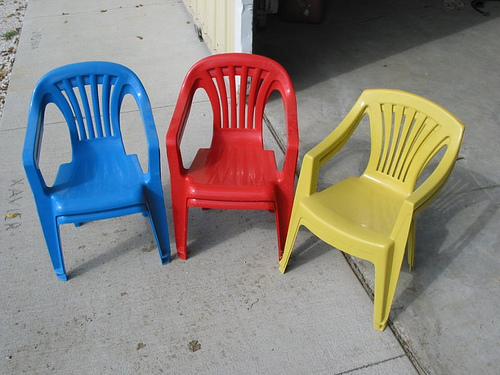Link Thursday-Second Use Reclaims Building Materials
Written by faith | 0Roy Hunter, a contractor and environmentalist started Second Use after becoming frustrated with the amount of materials he saw getting thrown away on construction sites. He pooled finances with a few family members and leased an empty 2-acre field in Woodinville, Washington as the site of the first store. The first inventory consisted of salvaged lumber and beams from the demolition of a Fred Meyer store in north Seattle. Second Use has been reclaiming building materials for reuse in the Puget Sound region since 1994.
In 1997, the Seattle store opened in its current location on Second Avenue South in the South Park neighborhood. Second Use has been recognized for ongoing growth and achievement in the community. In 2006, it was a winner of the Seattle Mayor’s Small Business Award. In 2007, it received the Washington State Recycling Association’s “Recycler of the year – business primary” award.
Whether you are a homeowner, business owner, or contractor Second Use can help you find a greener way to approach your next remodel or demolition. If you have a project you’d like to discuss, please contact our field crew. If you have materials you’d like to bring in, see our acceptance policies and/or visit our store. You can also learn more about our salvage services by exploring the links.
I hope you will visit Second Use either online or in person. Try the calculator:
Find out how much re-using materials can save the environment in real world terms:
- Lbs of CO2 averted
- Days a fluorescent bulb could stay lit
- Miles a SUV could drive
Love your comments, Faith





